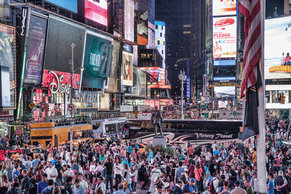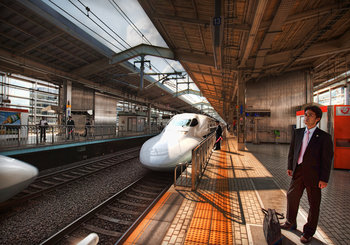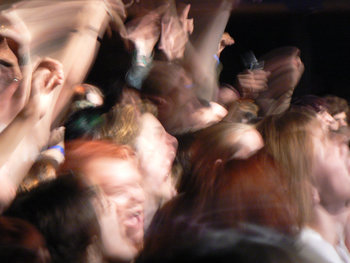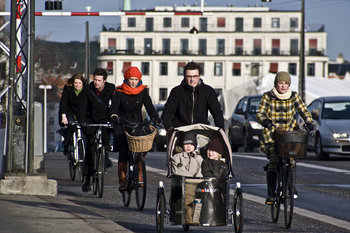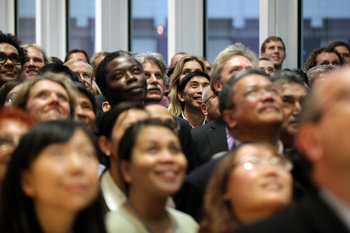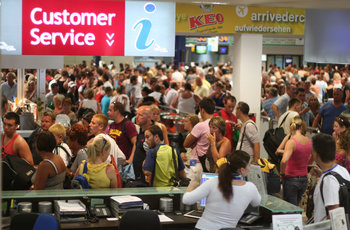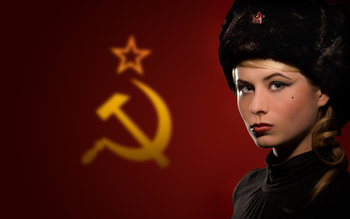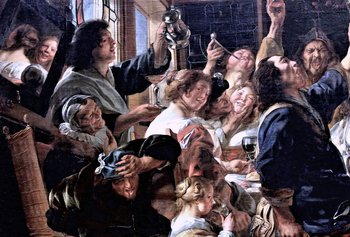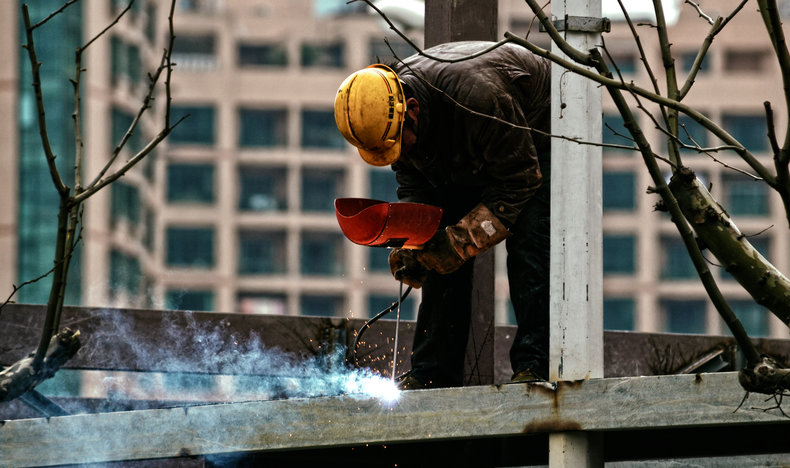
Communism
A communist economy is a society where everything is owned and controlled by a government such that their are no private property rights or economic freedoms. State capitalism may be used by a communist government to extract profits from its vast resources. This is typically more efficient than a system of central planning whereby a single bureaucracy manages an entire economy. Historically, most communist societies were inefficient and produced shortages, surpluses and poor quality of life. In many cases, they used state capitalism to begin to transition towards free markets.Dictatorship
A dictatorship is similar to communism as all power is vested in a single entity controlled by a small elite. It is common for dictators to control firms and to develop large ownership positions in firms.Capitalist State
A country that behaves as a single profit-seeking company whereby the government acts to secure corporate interests and is heavily involved in the direction and control of large firms that dominate the economy. For example, Japan is often referred to as "Japan Incorporated" due to the close ties between government and large Japanese companies. For example, the Bank of Japan has purchased large equity positions in Japanese companies through the purchase of ETFs.Crony Capitalism
A system whereby firms control the government as opposed to the other way around. This essentially produces the same result as a small elite control both profit-seeking firms and the government.Too Big To Fail
In some cases, a government bails out large failing firms in order to prevent an impact on the economy. This may be necessary to prevent the failure of basic financial infrastructure. It is also common for governments to get in the habit of saving firms to save jobs. This prevents creative destruction whereby a failed firm creates opportunities for stronger new entrants. The result can be an economy of zombie companies that are inefficient such that they only survive by burning through public funds.Monopoly
In theory, it is possible for a firm to grow so large that it begins to resemble a government that exercises vast control over a society. Governments may break up such a firm before it begins to threaten their power.Social Market Economy
A social market economy is a government that seeks to balance a free market with protections for labor, open competition, consumers and the environment. These nations use taxation to redistribute wealth by providing government services such as free healthcare and education. In a social market economy, the government seeks to remove the profit-motive from areas that serve the public good. For example, they typically own hospitals and universities. In some cases, a government run as a social market economy also owns critical soft infrastructure such as train companies, airlines and delivery services. These may be run for a profit but with the constraint that they must provide universal service to an entire nation. For example, a national airline may run unprofitable flights to support remote communities.| Overview: State Capitalism | ||
Type | ||
Definition | An economic system whereby a government owns and controls profit-seeking firms. | |
Related Concepts | ||

